GameCompanies.com
Powered by GC Insider
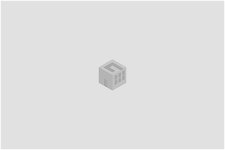


One of the biggest European game developers and publishers of the 1980's and 1990's founded by David Ward and John Woods.
In 1996, Ocean Software announced to merge with French publisher Infogrames for £100 Million. After the merger Infogrames kept Ocean as a separate division publishing their own games. Ocean later acquired Digital Image Design in 1998 and in the same year, Infogrames renamed Ocean Software to Infogrames United Kingdom Limited and Ocean's last titles would end up being published by Infogrames' European subsidiary; Infogrames Multimedia SA.
Founded in Manchester, England Ocean Software, also known as Ocean of America in the United States, developed and published games for gaming systems such as ZX Spectrum, Commodore 64, Amstrad CPC, Atari ST, Amiga, PC, and later consoles including Nintendo Entertainment System, Super Nintendo Entertainment System, Sega Master System and Sega Mega Drive. Ocean Software began by buying many Television and Movie licenses for their video games, which although were not well received by critics, were huge financial successes. This enabled Ocean Software to fund original game developments and purchase many arcade conversion licenses and make ports for other gaming platforms. Ocean did receive positive reviews for some movie licensed games such as Batman The Movie (1989), RoboCop (1988), and Robocop 3 (1992), which featured 3D graphics in 16-bit versions. With the decrease in popularity of the Spectrum and Amiga and the introduction of new console systems such as the Sony PlayStation and Sega Saturn, Ocean Software went through a transition phase getting to grips with the new technology. This lead to fewer titles being developed and subsequently the purchase by Infogrames UK in 1998 in a deal worth $100 million. Ocean LoaderOcean loader introduced the concept of loading screens to 8-bit platform gaming. Traditionally games would take several minutes to load from cassette with on form of display or sound. This changed when Ocean Loader was first introduced in games for the Commodore 64. Now during loading a picture representing the game was displayed on TV screens while music played in the background. Five versions of background music themes were produced and were composed by different people.
Versions 1 & 2 - Composed by Martin Galway
Version 3 - Composed by Peter Clake
Versions 4 & 5 - Composed by Jonathan Dunn
Ocean Loader was written by in-house games programmer Bill Barna and the first game to implement Ocean Loader coding was Hyper Sports. From 1987 onwards Ocean Loader was replaced by Freeload written by Paul Hughes. History
1983
Founded by David Ward and John Woods, initially called Spectrum Software, Ocean Software began as a publisher hiring many outside programmers and development teams. The companies first releases included Digger Dan, Daley Thompson’s Decathlon, HighNoon, Mr Wimpy: The Hamburger Game and Hunchback II: Quasimodo's Revenge.
1984
Purchased rival software studio, Imagine which was based in Liverpool. This allowed Ocean to start developing in-house games and also enabled self publication of games. Ocean later struck a deal with Konami to publish their arcade games such as Hypersports, Ping Pong and Kung Fu using the Imagine brand.
1985
RamboOcean began developing and publishing its first Movie licensed games such as Rambo, Short Circuit, Cobra, Frankie Goes to Hollywood, some becoming classics such as Batman, Wizball among many others. The company start developing games for 16-bit computer systems such as Amiga and Atari ST and well as working on gaming platforms like Sega Master System and DOS. Ocean Software signed a deal with Japanese games developer Taito Corporation to port their arcade classics such as Arkanoid and Renegade on various platforms. Ocean Software continued to grow becoming one to the biggest game publishers during this period.
1988
Robocop Ocean Software were voted ‘Best Software House’ in various computer magazines. Movie licenses continued to dominate their portfolio with their most successful release Robocop coinciding with the movie premier. This game received critical acclaim by gamers and critics alike entering the game charts at No. 1 and staying there for over 18 months. Ocean continued to produce more movie licensed games (Batman, Rambo III) and arcade conversions ( Operation Wolf) which strengthened their position within the industry.
1989
During this year Ocean saw its output grow by 50% and now they were regularly producing games for all major 8-bit and 16-bit platforms. More successful movie licensed games followed such as Batman: The Movie featuring cinematic cut scenes.
Early 90's
Ocean were going though a transitional phase focusing on bringing the Television, Movies licenses and conversions to new systems such as the Amiga, Atari ST and NES. These were fairly successful such as Robocop 3, Lethal Weapon, The Addams Family.
Mid/Late 90's
Ocean produced fewer self published games as they focused on converting games developed by various companies over to the SNES and Game Boy consoles. In 1998 Ocean Software purchased Digital Image Design however with the introduction of the next generation consoles; Sony PlayStation, Sega Saturn, Nintendo 64 very few in-house games were being developed. The last game developed by Ocean Software was Mission: Impossible for the Nintendo 64. During this year it was purchased by French Software house Infogrames for $100 million. Ocean, and its staff, merged with Infogrames to form Infogrames UK. During its 15 year history Ocean Software produced over 200 game titles.
Website
Not available
Headquarters
Company size
Not available
Founded
3 Jan, 1983(defunct 1998-01-01)
Want more?View in GC Insider
Status (activity & investments)
All website links
All locations
More images
Suggest an edit
Plus much more
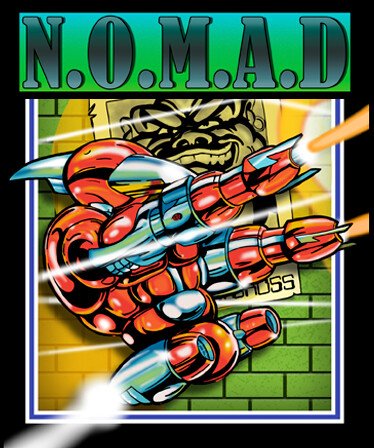
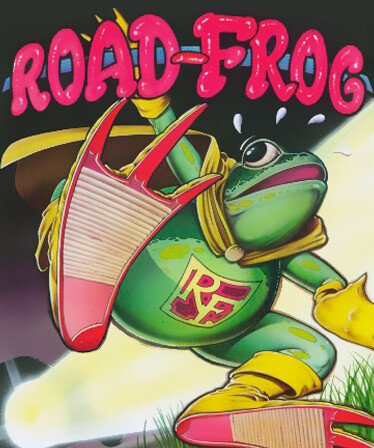
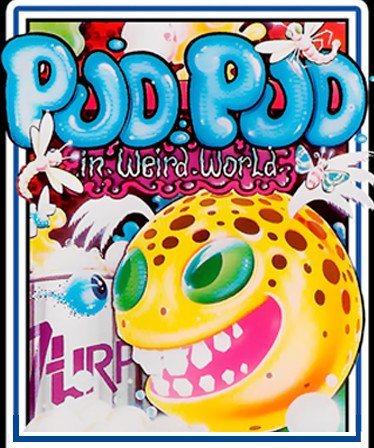
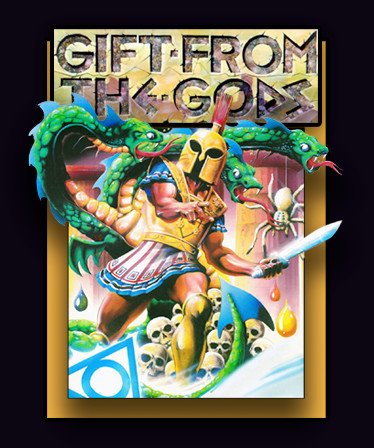
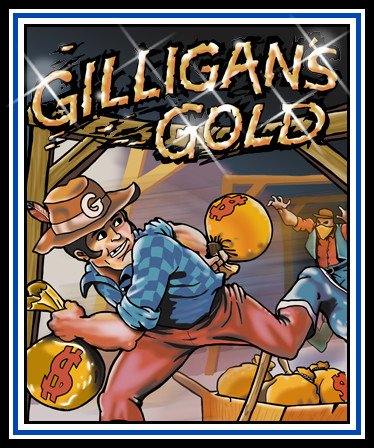
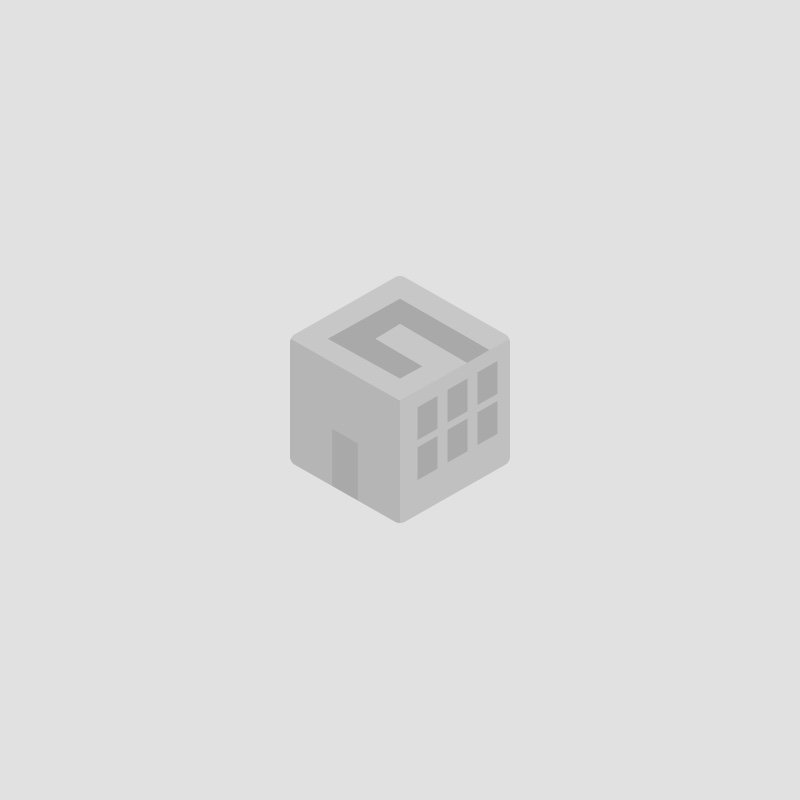
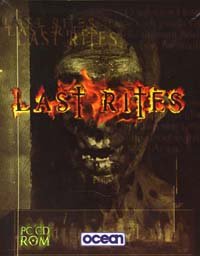

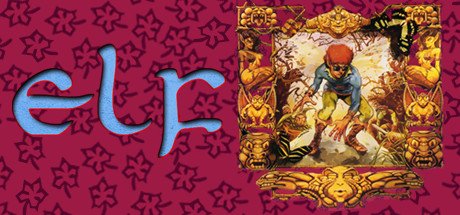
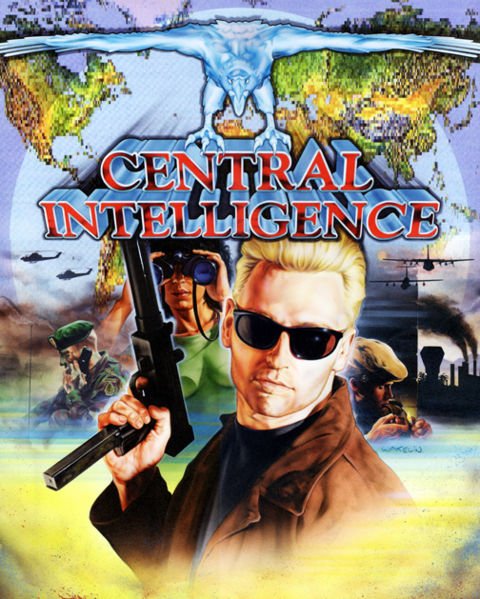
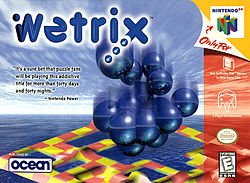
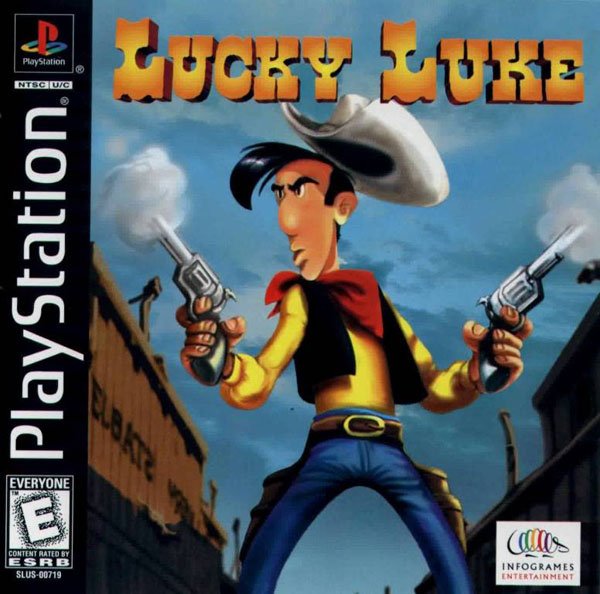
Showing 12 of 149 games
Something missing or incorrect? Suggest an edit.